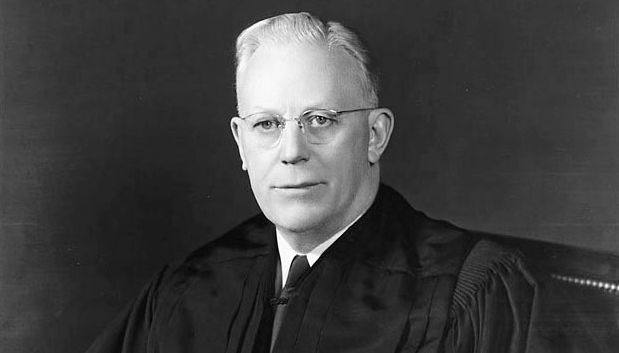Authors:
Historic Era: Era 9: Postwar United States (1945 to early 1970s)
Historic Theme:
Subject:
Winter 2020 | Volume 64, Issue 1


Authors:
Historic Era: Era 9: Postwar United States (1945 to early 1970s)
Historic Theme:
Subject:
Winter 2020 | Volume 64, Issue 1
A half-century ago, Chief Justice Earl Warren retired from the Supreme Court, marking the end of the Warren Court in 1969. In many ways, the Constitution as we know it today is the result of judgments handed down in the 16 years after President Eisenhower appointed Warren to be Chief Justice.
Despite its accomplishments, the Warren Court today does not have the reputation it deserves. Conservative critics attack it as “lawless.” Some supporters are defensive — suggesting, for example, that while the Warren Court did good things, its decisions were not always legally sound.

Critics who say that the Warren Court went too far or was too activist should ask themselves: which of the Warren Court’s decisions would you overturn? Would you say that states should have the power to segregate public schools? Or make it a crime to marry someone of a different race? Or forbid married couples to use contraceptives? Would you really reject the principle of one person, one vote? Do you disagree that the central meaning of the First Amendment is that people must be free to criticize the government? Or that a criminal defendant who can’t afford a lawyer should have one nonetheless? Some of the most conservative Supreme Court justices of the last fifty years have accepted — even celebrated — the warnings required by the Warren Court’s once-controversial decision in Miranda v. Arizona.
What made critics call the Warren Court activist or excessive?
The innovative decisions of the Warren Court changed the law, and society. Like the Supreme Court of John Marshall, the Warren Court had a vision of the role that the highest court should play in American government. But the justices of the Warren Court did not simply impose that vision on society. To the contrary, even their most controversial decisions had deep roots in American law and traditions.
Critics often portray the members of the Warren Court as judicial imperialists who took over policymaking from elected representatives. But that’s not what the Warren Court did. Earl Warren was one of the most successful politicians of his generation — and, by the way, a Republican — and the Warren Court’s most fundamental commitment was to the principles of democracy. The Warren Court was, in fact, conspicuously reluctant to strike down Acts of Congress.
Many of the Warren Court’s greatest decisions did reject laws enacted by the states. But those decisions, too, reflected a deep commitment to democracy. The Warren Court acted on the premise that the role of the Supreme Court is to intervene when American democracy was not truly democratic: when some groups were marginalized or excluded and denied their fair share